Myth#1: Misconception of Surgical Pain
Learn about the common myths surrounding dental implants, including misconceptions about surgical pain, cost, age restrictions, safety, and maintenance in this comprehensive blog post.
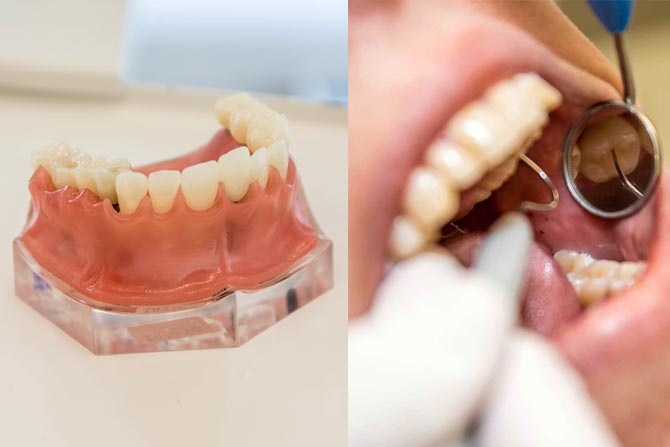
One of the most prevalent myths about dental implants is that the procedure is extremely painful. Dental professionals undergo extensive training to ensure patient comfort during the surgery. Modern anesthetics work very effectively, and experts design the latest techniques to minimize discomfort.
Post-Surgical Discomfort
While you may experience some discomfort after the surgery, it is usually mild and can be managed with medications. Your dentist will prescribe pain relief suited to your needs, ensuring a more comfortable recovery period.
Personal Pain Threshold
It’s important to note that everyone has a different pain threshold. While some may feel only minor discomfort, others might experience more noticeable pain. However, with proper care and following your dentist’s advice, any pain is typically short-lived.
Fear and Anxiety Management
Dental anxiety can exacerbate the perception of pain, but many dental practitioners are skilled in managing patient anxiety. Sedation options are also available for those who are particularly nervous about the procedure.
Myth #2: Dental Implants are Expensive

Initial Costs vs. Long-Term Investment
Dental implants can indeed have a higher upfront cost compared to other dental procedures, but they should be viewed as a long-term investment.
Dental implants last a long time without needing repairs. This makes them cheaper in the long run compared to other options that need frequent fixing.
Financing and Payment Plans
Many dental practices offer various financing options to help patients afford the cost of dental implants. Options like payment plans, credit options, and partnerships with banks can help make upfront payments easier.
Insurance Coverage Possibilities
While not all insurance plans cover dental implants, it is worth investigating your policy. Some insurers may provide partial coverage, or you may be eligible for health savings account (HSA) or flexible spending account (FSA) reimbursements.
Cost Comparison with Alternatives
When choosing between dental implants and other tooth replacement options, think about extra procedures, upkeep costs, and effects on oral health. Dental implants may require additional procedures and maintenance compared to other tooth replacement options. It is important to think about how these factors may affect your oral health in the long term. Over time, implants often provide greater value.
Myth #3: Dental Implants are Only for Older People
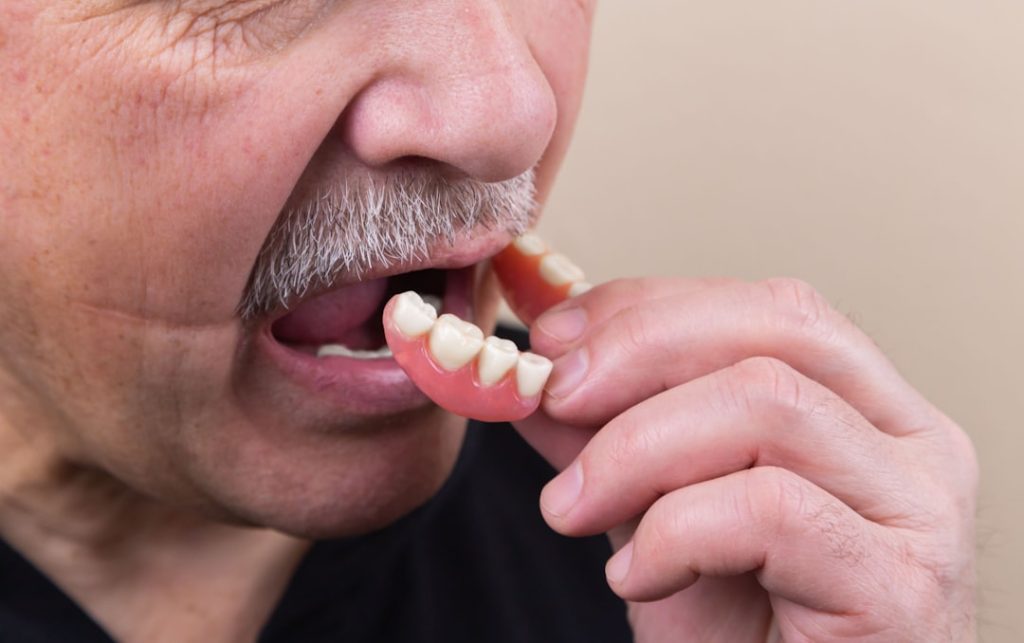
Suitable for Any Adult Age
Dental implants are not age-specific; they are suitable for any adult with missing teeth. The key requirement is that the patient has reached full dental maturity, which typically occurs in the late teens.
Young Adults and Dental Implants
Younger individuals often opt for dental implants after losing teeth due to accidents or sports injuries. Implants are a long-term solution for an active lifestyle, without the hassles of dentures or bridges.
Dental Implants and Bone Health
For patients of any age, dental implants can help preserve jawbone health. Implants help bones grow and stop bone loss from missing teeth.
Implants for Multiple Tooth Scenarios
Dental implants work for one tooth, multiple teeth, or a whole set. They can be used for many different dental situations. This flexibility makes them an attractive option for patients young and old.
Myth #4: Dental Implants are Not Safe
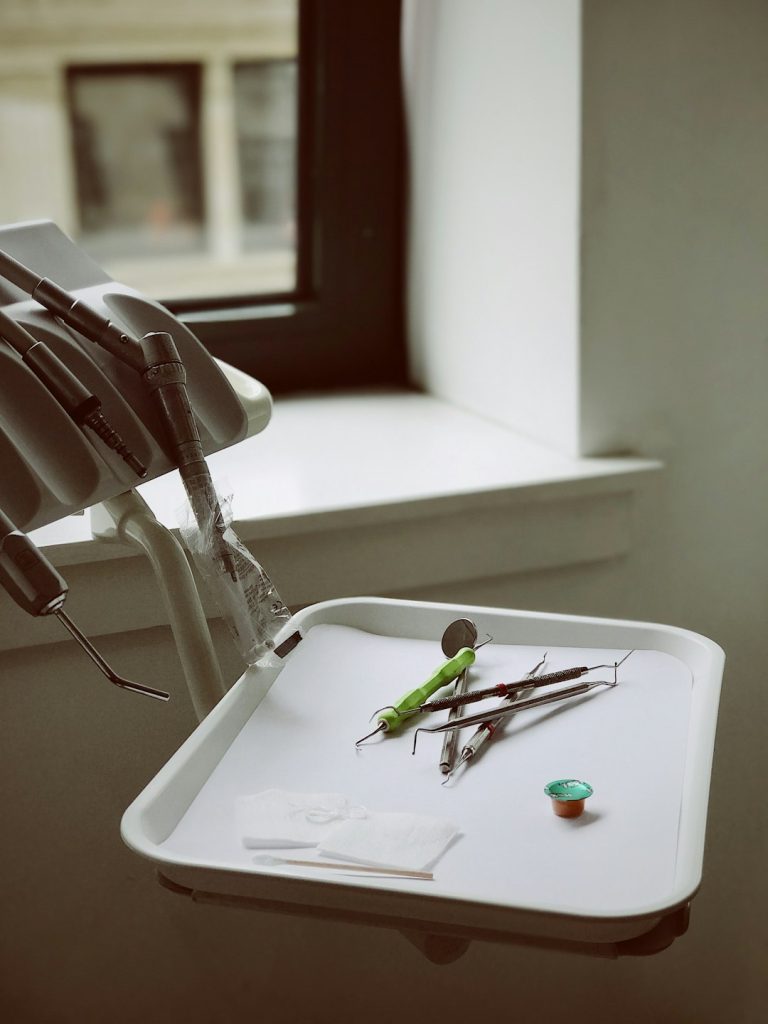
Surgical Safety and Experience
The safety of dental implants is well-established, with a high success rate when performed by a qualified oral surgeon. The procedure is routine and follows strict sterilization and safety protocols.
Biocompatibility of Implant Materials
Dental implants use materials like titanium that work well with the body and don’t cause any problems. This reduces the risk of rejection or allergic reactions.
Technological Advances in Implantology
Advancements in dental technology have improved the precision and predictability of implant placement. With tools like 3D imaging and guided surgery, implants can be placed with minimal risk and high accuracy.
Post-Surgical Complications are Rare
While any surgical procedure carries some risk, complications from dental implant surgery are rare. When they do occur, they are typically minor and easily managed by your dental care team.
Myth #5: You Cannot Eat or Drink Normally After Dental Implant Surgery

Temporary Dietary Adjustments
It’s true that immediately following implant surgery, you’ll need to follow a soft food diet. This helps to protect the surgical site and allows for proper healing. However, this is only a temporary measure.
Gradual Return to Normal Diet
As your mouth heals, you can start to reintroduce firmer foods. Your dentist will guide you on how to progress your diet based on your individual healing process.
Importance of Healing Period
The initial healing period is crucial for the success of the implant. Adhering to dietary recommendations ensures that the implant integrates properly with the jawbone.
Long-Term Eating Habits
Once fully healed, you can enjoy all your favorite foods and drinks with dental implants. They function just like natural teeth, allowing for a diverse and unrestricted diet.
Myth #6: Dental Implants Require Extensive Maintenance

Basic Oral Hygiene Suffices
Dental implants don’t require special care beyond regular oral hygiene practices. Brushing twice a day, flossing daily, and regular dental check-ups are usually sufficient to maintain them.
Professional Cleanings and Check-ups
Going to the dentist often for cleanings and check-ups will keep your implants and gums healthy. Your dentist can spot any issues early and address them promptly.
Importance of Proper Cleaning Techniques
Using the right techniques to clean around the implants is important. Your dentist can teach you how to keep the areas around your implant clean to avoid plaque.
Monitoring for Gum Disease
Just like natural teeth, implants can be affected by gum disease. Taking good care of your teeth and going to the dentist for cleanings can stop problems with your implants.
Myth #7: You Cannot Drink Alcohol After Dental Implant Surgery
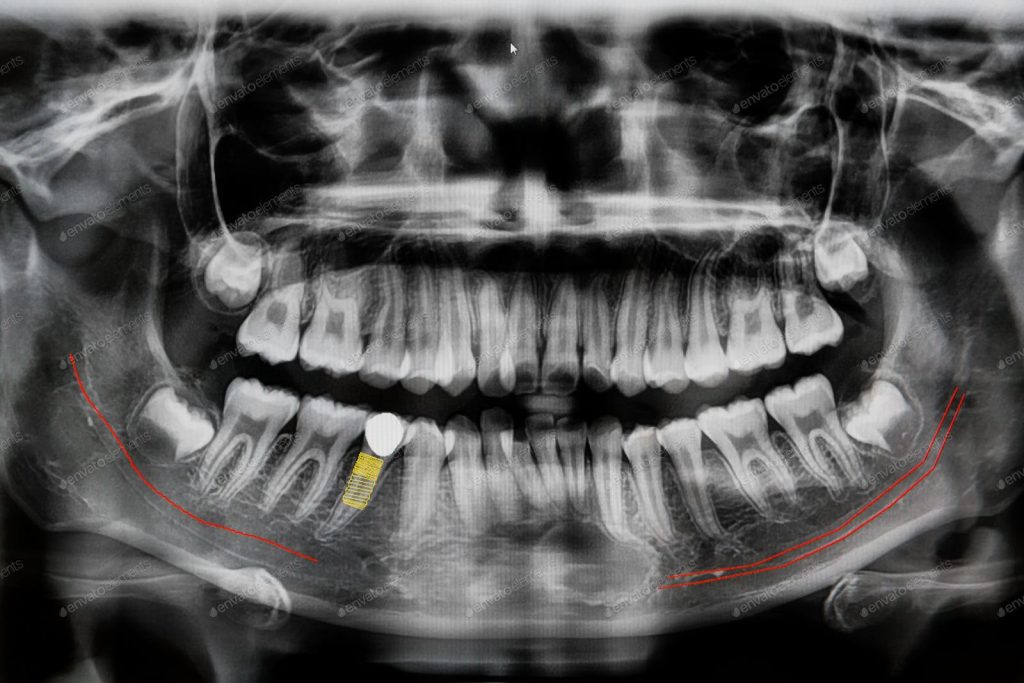
Short-Term Alcohol Abstinence
Immediately following surgery, it’s advisable to avoid alcohol. Alcohol can interfere with the healing process and the effectiveness of any prescribed medications.
Moderation After Initial Healing
After you heal and your dentist says it’s okay, you can have a little alcohol. It’s important, however, to remain mindful of the effects alcohol can have on your oral environment.
Alcohol’s Impact on Oral Hygiene
Drinking too much can make it easy to forget to take care of your teeth. This can cause problems for both your real teeth and any dental implants you have. Moderation and diligence in oral care are key.
Consultation with Your Dental Professional
Before resuming alcohol consumption, have a conversation with your dentist. They can provide personalized advice based on your healing progress and any other factors specific to your situation.
Myth #8: Dental Implants are Not Covered by Insurance

Varying Insurance Policies
Dental insurance coverage for implants varies widely. While some policies may exclude them, others may cover a portion of the cost. It’s always best to review your plan or speak with your insurance representative to understand your coverage.
Alternative Financial Assistance
If your dental insurance does not cover implants, look into other forms of financial assistance. Some government programs, nonprofit organizations, or dental schools may offer support for dental implant procedures.
Employer-Sponsored Health Benefits
Some employers offer health benefits that can be used toward dental implants. Flexible spending accounts (FSAs) or health savings accounts (HSAs) are examples of pre-tax dollars that can be allocated for medical expenses, including dental implants.
Advocating for Coverage
If your insurance policy doesn’t currently cover dental implants, consider advocating for inclusion. Employers and insurers may change their plans to meet the increasing need for dental implants as a popular way to replace teeth.
Myth #9: Dental Implants Can Fall Out or Break
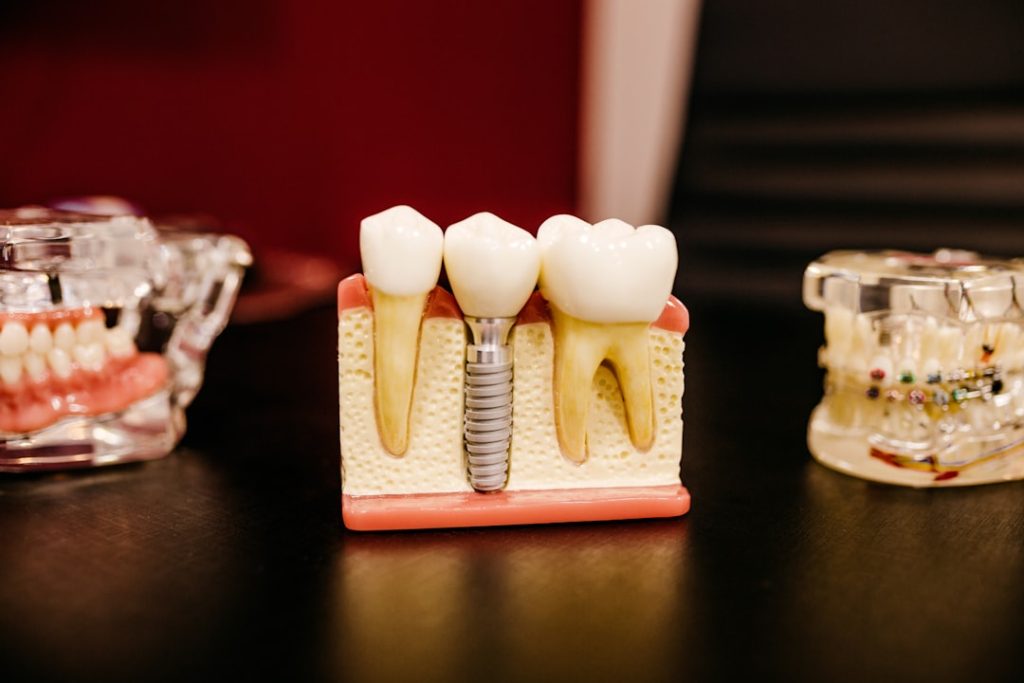
Implant Durability and Design
Dental implants are designed for durability and are made from strong materials like titanium, which is known for its strength and longevity. The risk of an implant falling out or breaking under normal conditions is extremely low.
Importance of Professional Placement
Proper placement by an experienced dental professional is key to the success and stability of an implant. A correctly placed implant should integrate with the jawbone to create a solid foundation.
Regular Maintenance for Longevity
Just like real teeth, taking care of your dental implants with regular brushing and dental visits will help them last a long time. Neglect can lead to issues that may compromise the implant’s stability.
Rare Incidents of Failure
Implant failure doesn’t happen often, but it can occur. This usually comes from not taking care of your teeth, weak bone, or putting too much pressure on the implant. These issues can generally be avoided with proper care and planning.
Myth #10: Dental Implants Look Fake

Customization for Natural Appearance
Dental implants are custom-designed to match the color, shape, and size of your natural teeth. This customization ensures that they blend in seamlessly with your existing teeth for a natural look.
Technological Precision in Fabrication
State-of-the-art technology is used to create dental implants, ensuring precise fit and optimal aesthetics. Digital imaging and computer-aided design (CAD) contribute to implants that mimic the appearance of natural teeth.
Skilled Dental Professionals
Dentists who focus on implants know how to place them to make them look natural. Their expertise helps ensure that implants are virtually indistinguishable from natural teeth.
Positive Patient Outcomes
Most patients are thrilled with the appearance of their dental implants. They report high levels of satisfaction with how the implants enhance their smile and boost their confidence.
Conclusion
There are many myths and misconceptions surrounding dental implants, but it is important to separate fact from fiction. Dental implants are a safe, effective, and long-lasting way to replace missing teeth. With proper care, they can improve your oral health and give you a natural-looking smile. If you are considering dental implants, consult with your dentist to determine if they are the right option for you.



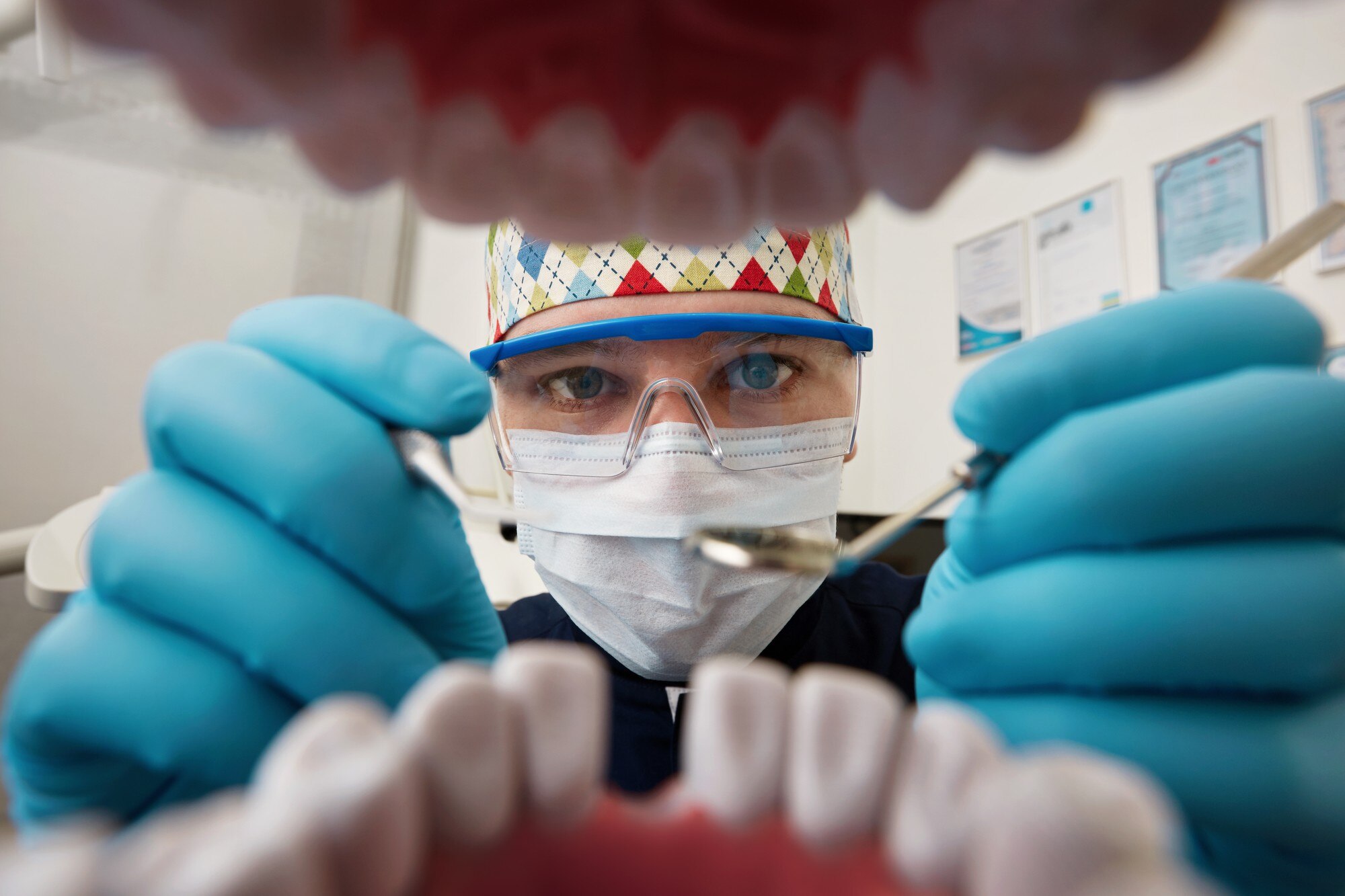

Leave a Reply
You must be logged in to post a comment.